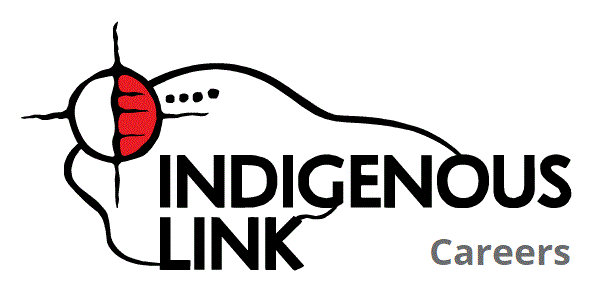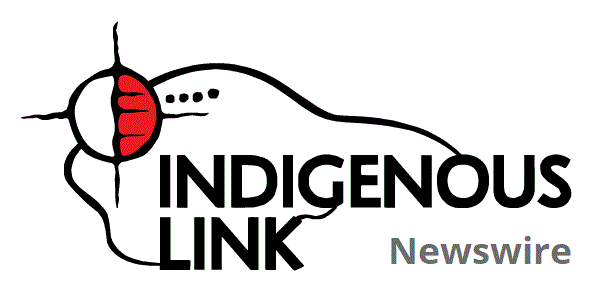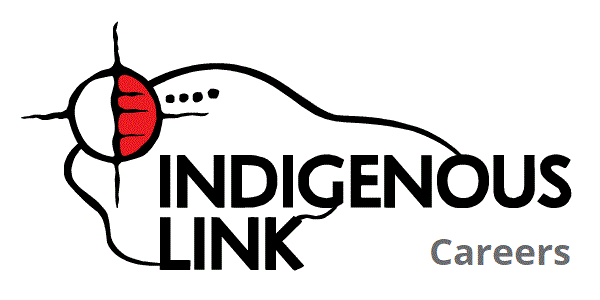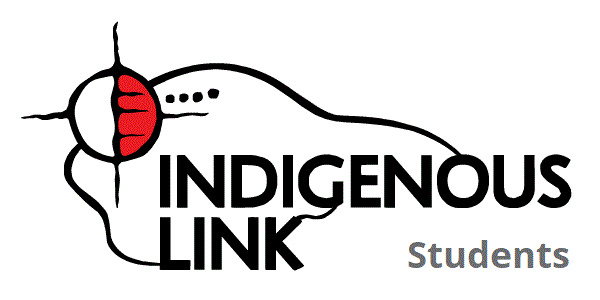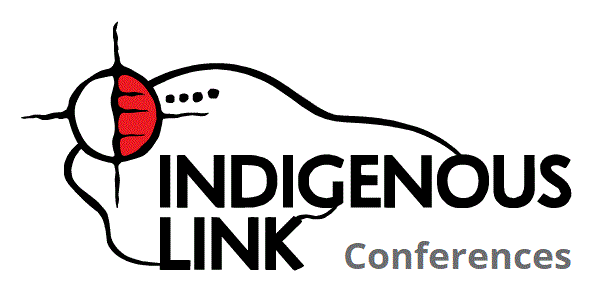The Digital Student Transformation Team (DST) team in University Technology Services (UTS) provides exceptional customer service and a high level of central IT support to the McMaster community. Our goal is to ensure transparency, innovation and accountability in service provision and support. We stand by and value integrity, mutual respect, collaboration and cooperation and part of a key initiative of the digital student experience through the implementation of an institution wide Campus Relationship Management (CRM) solution that focuses on the Student Experience. The Business Systems Analyst (III) acts as a technical and consulting resource for complex issues related to various University departments and units with respect to the implementation and maintenance of information technology systems. Supports the University's academic and administration departments by acting in a functional capacity in all phases of the Project Life Cycle for small to medium projects and components of large projects, including post-production support and ongoing maintenance. Continuously gains an understanding of the University's operations and processes and how systems are used in support of those operations. Works under general direction within a clear framework of accountability and exercises substantial personal responsibility and accountability to deliver results. - Facilitate large group business development planning sessions.
- Ensure appropriate business participation in information technology projects.
- Utilize the appropriate control tools to coordinate small and medium size projects according to Project Management Office methodologies.
- Develop success criteria and risk assessments for small to medium size projects and changes.
- Develop, implement, and document best practices to align with departmental and University strategies and processes.
- Work independently with users to define concepts.
- Drive and challenge business units on their assumptions of how they will successfully execute their plans.
- Collaborate with developers and subject matter experts to establish the technical vision and analyze tradeoffs between usability and performance needs.
- Critically evaluate information gathered from multiple sources, reconcile conflicts, decompose high-level information into details, abstract up from low-level information to a general understanding, and distinguish user requests from the underlying true needs.
- Conduct gap analyses.
- Ensure that projects meet specified functionality requirements.
- Perform advanced levels of analysis, problem solving and research skills to formulate solutions to complex business needs.
- Perform the functional analysis for production support activities and advise business users in the analysis of less complex issues.
- Work with project stakeholders to understand project scope and create test documents.
- Manage all phases of testing including, but not limited to, system, integration, acceptance, regression, and performance.
- Document system functionality, particularly related to new enhancements.
- Develop and maintain information technology process flow, methodology, and control documentation.
- Assist with the development of project proposals and estimates.
- Elicit requirements using interviews, document analysis, requirement workshops, surveys, site visits, business process descriptions, use cases, scenarios, business analysis, and task and workflow analysis.
- Analyze information needs and functional requirements and deliver artifacts such as functional requirements, business process models, use cases, screen and interface designs, test plans and test cases.
- Take ownership of functional issues by identifying underlying problems, analyzing potential solutions and implementing system resolutions, including workarounds.
- Provide Level III post implementation support to users regarding functional issues.
- Work with the development team to determine technical approaches and technical risks for project testing.
- Develop requirement specifications according to standard templates, using natural language.
- Work closely with testing team members to ensure that requirements are testable.
- Prepare and assist other testers with the creation of test cases.
- Identify and manage defects identified during all phases of a project.
- Review test cases created by testing team members to ensure that the test cases adequately define the business processes.
- Resolve problems in the test, production implementation, and post-implementation phases in coordination with other technical and business groups.
- Develop simple queries using basic Business Intelligence tools.
- Review systems, processes, and information and provide recommendations to supervisor.
- Serve as the conduit between the Project Management Office and development teams through which requirements flow.
- Liaise between the technology and support teams.
- Communicate project, issue, and system status to the Lead and Project Manager.
- Communicate testing results to other stakeholders.
- Facilitate effective dialog between technical staff.
- Interact with and exchange information with colleagues.
- Follow a test script and document defects.
- Prepare and review recommendations and other project initiation documents.
- Prepare and review end user and operations documentation, training materials, and timelines.
- Maintain information technology process flow, methodology, and control documentation.
- Work with the Lead and Project Manager to prioritize and schedule issues resolution.
- Plan, schedule, and monitor own work within short time horizons.
- Organize individual time, work and resources to accomplish objectives in the most effective and efficient way.
- Understand and use appropriate methods, tools, and applications to complete work tasks.
- Demonstrate a rational and organized approach to work and identify development opportunities.
- Absorb technical information when it is presented systematically and apply it effectively.
- Use measurement methods to monitor progress toward goal attainment, tenaciously working to meet or exceed those goals, while deriving satisfaction from the process of goal achievement and continuous improvement.
- Ensure that the internal and external customer perspective is a driving force behind decisions and activities.
- Follow service practices that meet customers’ and University needs.
- Interact with others in a way that gives them confidence in one’s intentions and those of the University.
- Work collaboratively with others to achieve departmental and institutional goals. Actively participate as a member of a team to move the team toward the completion of goals.
- Perform a range of varied work activities in a variety of structured environments.
- Successfully engage in multiple initiatives simultaneously.
- Apply and enforce department change control policies and procedures.
- Acquire and maintain a basic understanding of Business Intelligence and Data Warehousing principles.
- Read and understand complex Business Process Diagrams and develop basic (Level II) models.
- Read and understand a complex project plan and develop simple project plans.
- Remain current with relevant development and project methodologies.
- Remain current with security policies and procedures and work with System Administrators to implement security changes.
- Remain current with the different levels of testing and develop simple use cases and test scripts.
Assets: - Experience with the CRM or similar application and its respective modules and streams is an asset (Customer Service, Case Management, Marketing, Sales)
- Knowledge of CRM Dynamics 365 Platform architecture, Integration layer, Power Automate/Flows, and modules (Customer Service, Marketing, Project Automation, Sales, Finance and Operations)
- Experience in configuring, testing, troubleshooting, and providing support to users for the CRM or similar application
- Experience in creating testing and training documentation.
- Must have experience in writing functional specifications, Business Intelligence reporting, data integration and business process flow configuration and automation.
- MS Dynamics 365 Professional Certifications in the following modules are beneficial – Sales, Marketing and Customer Service
Additional Information: - Customer Service skills to resolve issues based on UTS service commitments and incorporate customer feedback into process and service improvements.
- Collaboration and Team Work to initiate collaboration with other team members, provide timely updates to team and share information.
- Results oriented to effectively complete tasks, provide regular updates to stakeholders and ensure timely project/task completion.
- Focus on Continuous Improvement to recommend new tasks and processes to create efficiency and increase effectiveness.
- Continuously apply information, adapt to new processes and responsibilities and demonstrate initiative to seek out opportunities for self-development and learning.
For more information, visit McMaster University for BUSINESS SYSTEMS ANALYST (III) - DIGITAL STUDENT E
|
